Passive smoking and its negative lasting effects on non-smokers is something many people are already aware of. No matter if you don’t smoke yourself, being around people who do and inhaling the smoke may affect one’s health. This is the reason why people should avoid places where smoking is allowed and forbid friends or family members to smoke inside their home.
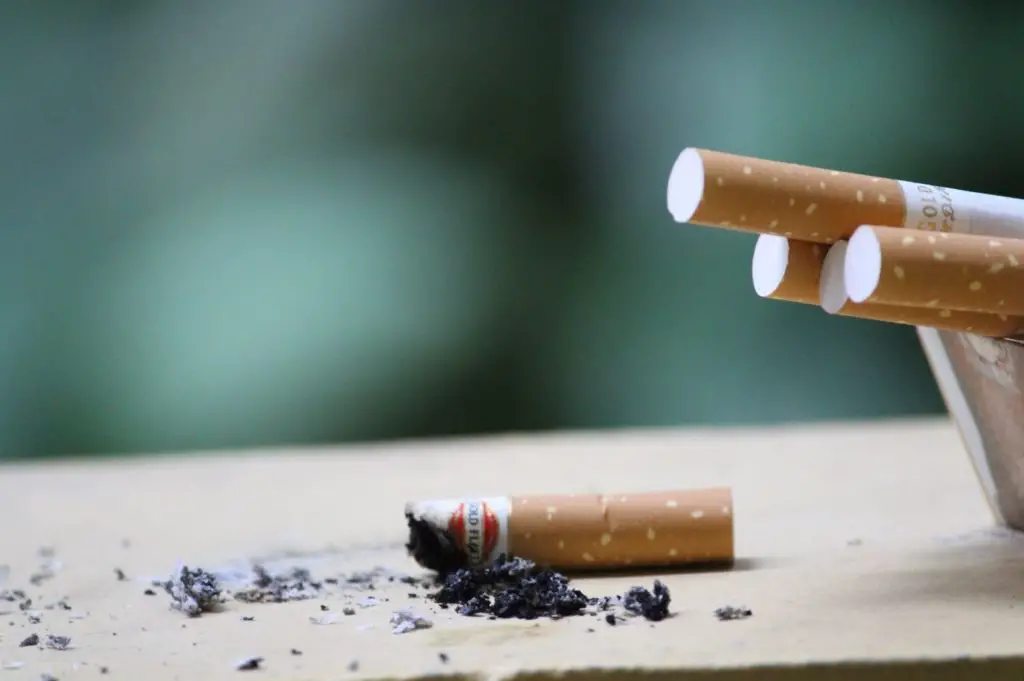
Recently, however, one mother-to-be raised the question of the health consequences of third-hand smoking. This is something not many are aware of, but it’s there, and it’s real.
Third-hand smoking are the chemical residuals of tobacco smoke that remain on clothes, fabric, furniture, and even walls. The smoke can also be found in any place where someone lights a cigarette. You are probably familiar with that unpleasant scent when entering a place where smoking is allowed. Unfortunately, it sticks with your skin and hair even after you leave.
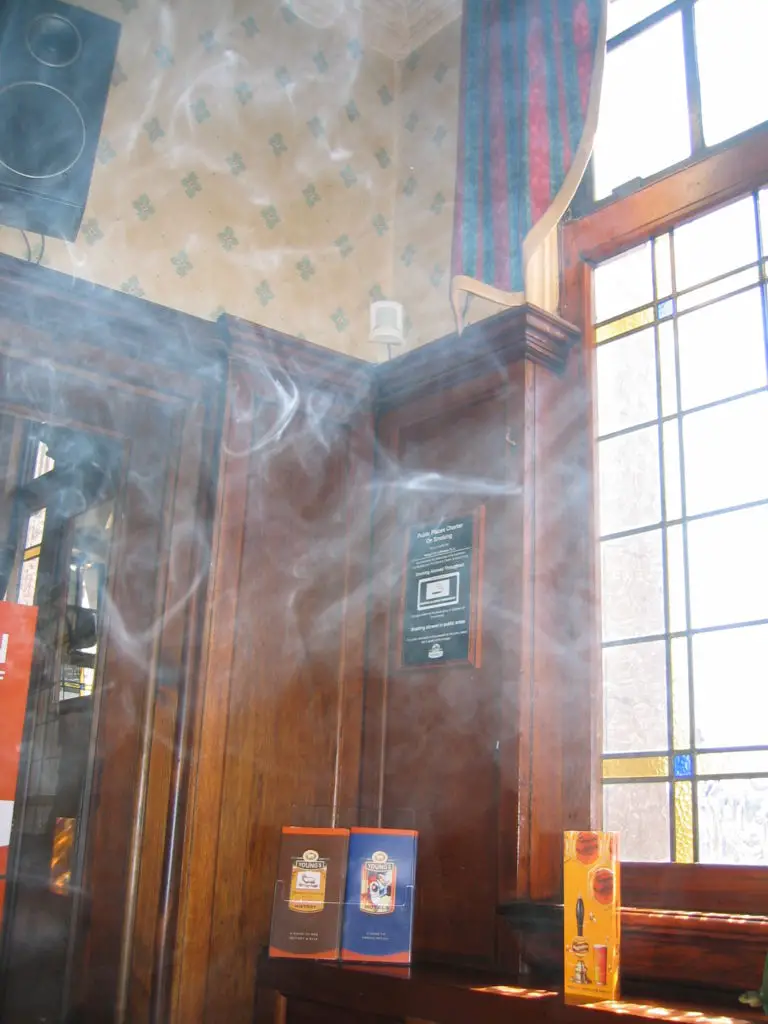
“Thirdhand smoke clings to clothes, furniture, drapes, walls, bedding, carpets, dust, vehicles and other surfaces long after smoking has stopped. The residue from thirdhand smoke builds up on surfaces over time,” M.D. J Taylor Hays wrote on MayoClinic.
A study about the effects of third-hand smoking had been done on mice and the results are likely to be more or less the same for us humans. It was reported how the group of rodents affected showed increased level of stress, molecular damage, and inflammatory diseases. Some even showed signs of hyperinsulinemia.
The studies that are expected to give clearer image of the consequences this has on humans are still ongoing, but people are still advised third-hand smoke should be avoided as much as possible.
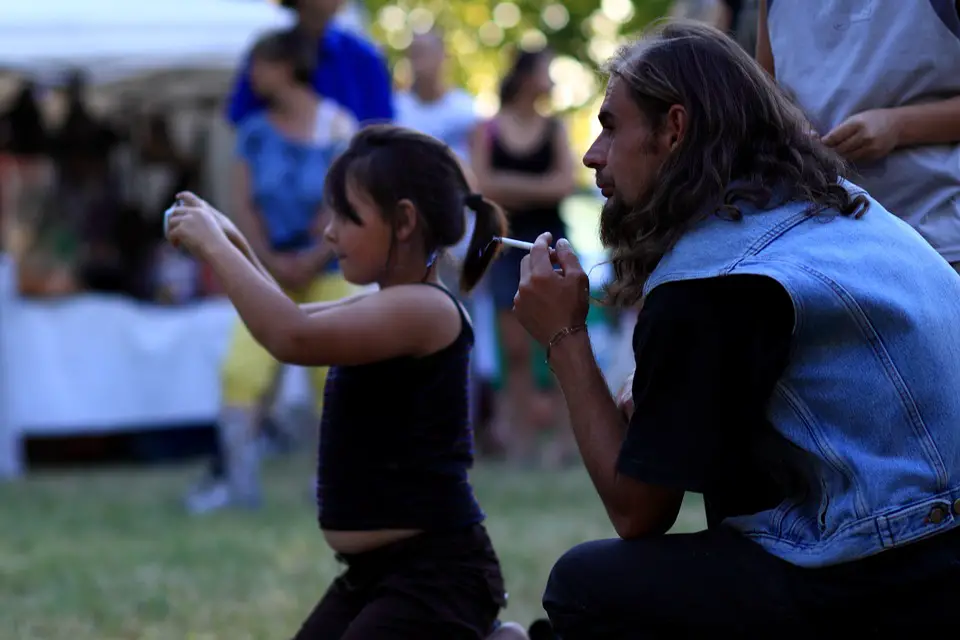
“People are exposed to these chemicals by touching contaminated surfaces or breathing in the off-gassing from these surfaces,” Hays added. “This residue is thought to react with common indoor pollutants to create a toxic mix including cancer-causing compounds, posing a potential health hazard to nonsmokers — especially children.”
Learning about the damage this is likely to cause, the mother-to-be was determined to keep her child out of the hands of the heavy smokers, including her mother-in-law, unless they shower and change clothes after smoking. This may sound as a ridiculous request, but she says she does it for her bundle’s of joy well-being.
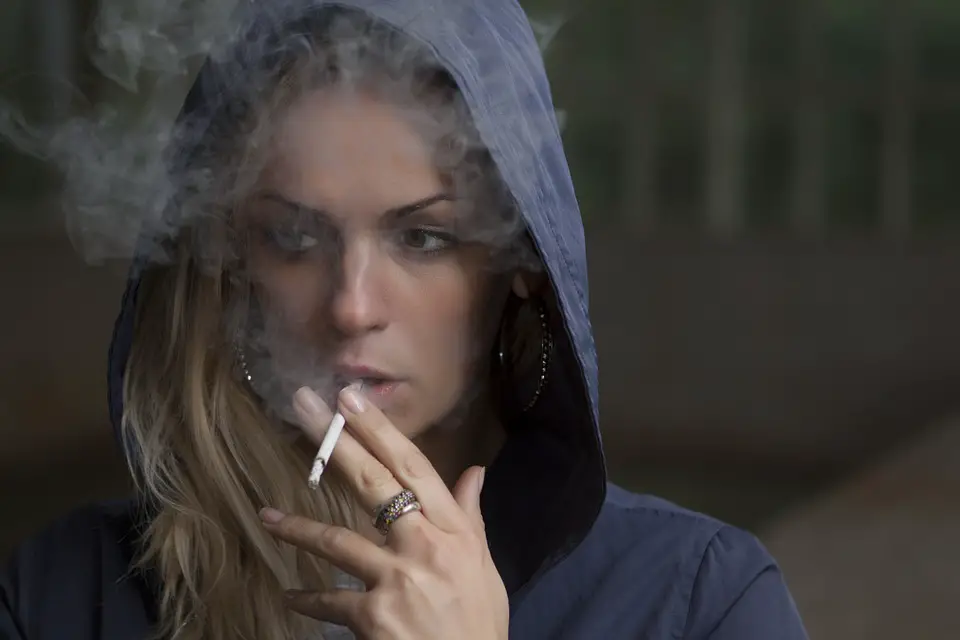
She wrote a letter to Slate’s Care asking for advice on how to tell her mother-in-law about their decision. She said she was aware her husband’s mother may be offended by her request, but her child’s health is what she is most concerned for.
“I am expecting my first baby soon,” she wrote. “When the baby is born, my in-laws will be coming for a visit. My mother-in-law is a heavy smoker. I’m not worried about her smoking in front of my child, but after researching thirdhand smoke, I am very concerned about her holding the baby after she has had a cigarette. My husband and I have decided that after she smokes, she needs to shower and change her clothes before she can pick up the baby.”
The columnist’s initial though was that this mother was simply overreacting, but after doing a research, he changed his opinion and wrote how he believes the future mother has all the right to ask from smokers to stay away from the little one, unless as she states above, they change clothes and take a shower first.
At the end of the day, this woman is just a mother concerned for her offspring, and no one should get offended for her trying to keep the baby safe.
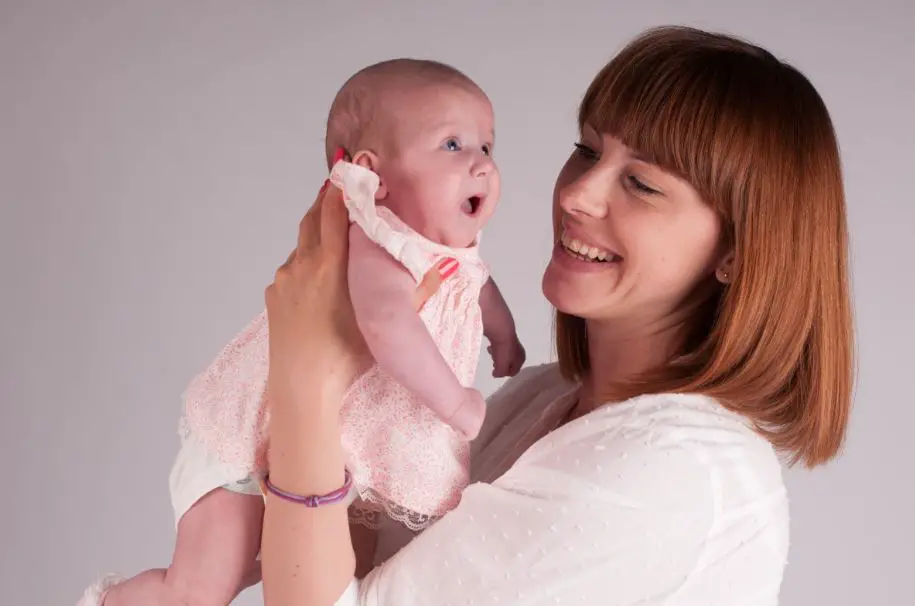
While children are in the process of growing, their immune system is still weak and they are likely to suffer the consequences of passive, as well as third-hand smoking more than the adults. When a baby comes close to a smoker, they get contaminated by that person’s skin and clothes themselves.
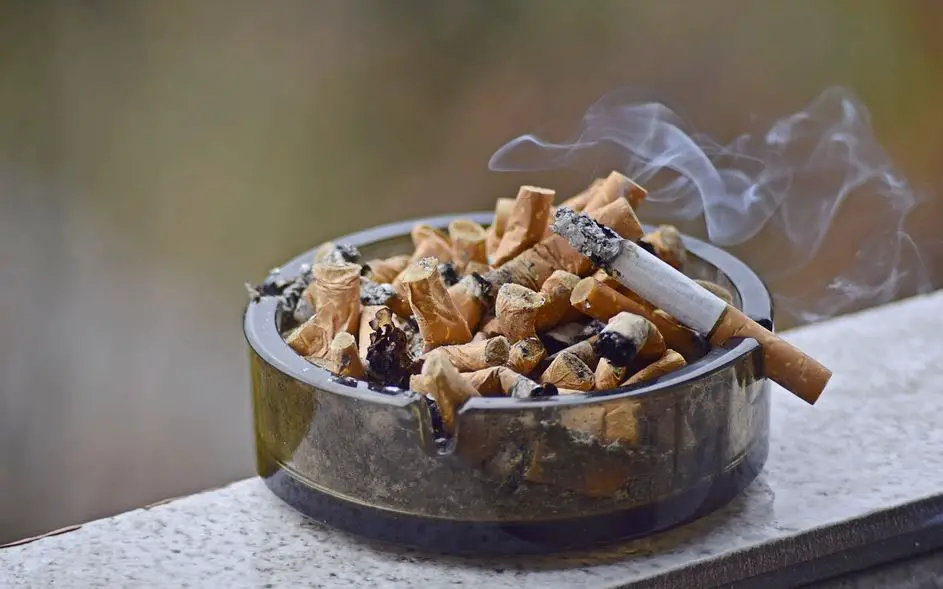
Researchers and doctors are urging people, especially parents, to learn more about the damage third-hand smoking causes and do their best to keep their children as little exposed as possible.
